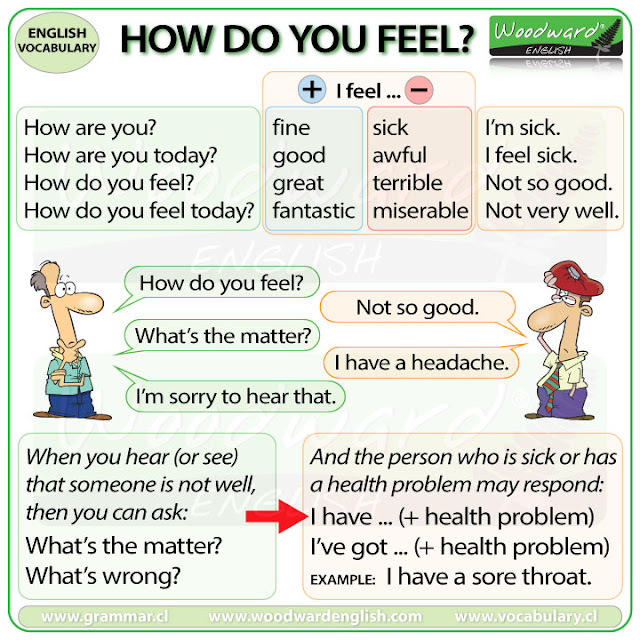Introduction
The second conditional (also called conditional type 2) is a structure used for talking about unreal situations in the present or in the future. This page will explain how the second conditional is formed, and when to use it.The structure of a second conditional sentence
Like a first conditional, a second conditional sentence consists of two clauses, an "if" clause and a main clause:
If the "if" clause comes first, a comma is usually used. If the "if" clause comes second, there is no need for a comma:
We use different verb forms in each part of a second conditional:
*Note
that this "simple past" form is slightly different from usual in the
case of the verb BE. Whatever the subject, the verb form is "were", not
"was": If I were rich, I'd buy a big house.
| IF clause | main clause |
|---|---|
| If I had a million dollars, | I would buy a big house. |
| IF clause | main clause |
|---|---|
| I would buy a big house | if I had a million dollars. |
| IF clause | if + subject + simple past verb* |
|---|---|
| main clause | subject + would + verb |
Using the second conditional
The second conditional is used to talk about things which are unreal (not true or not possible) in the present or the future -- things which don't or won't happen:Example AND Explanation
If I were you, I would drive more carefully in the rain. (I am not you — this is unreal.)
Paula would be sad if Jan left. (Jan will not leave — that's not going to happen.)
If dogs had wings, they would be able to fly. (Dogs don't have wings — that's impossible.)
When you are sure that you understand the lesson, you can continue with the exercises. CLICK HERE.







